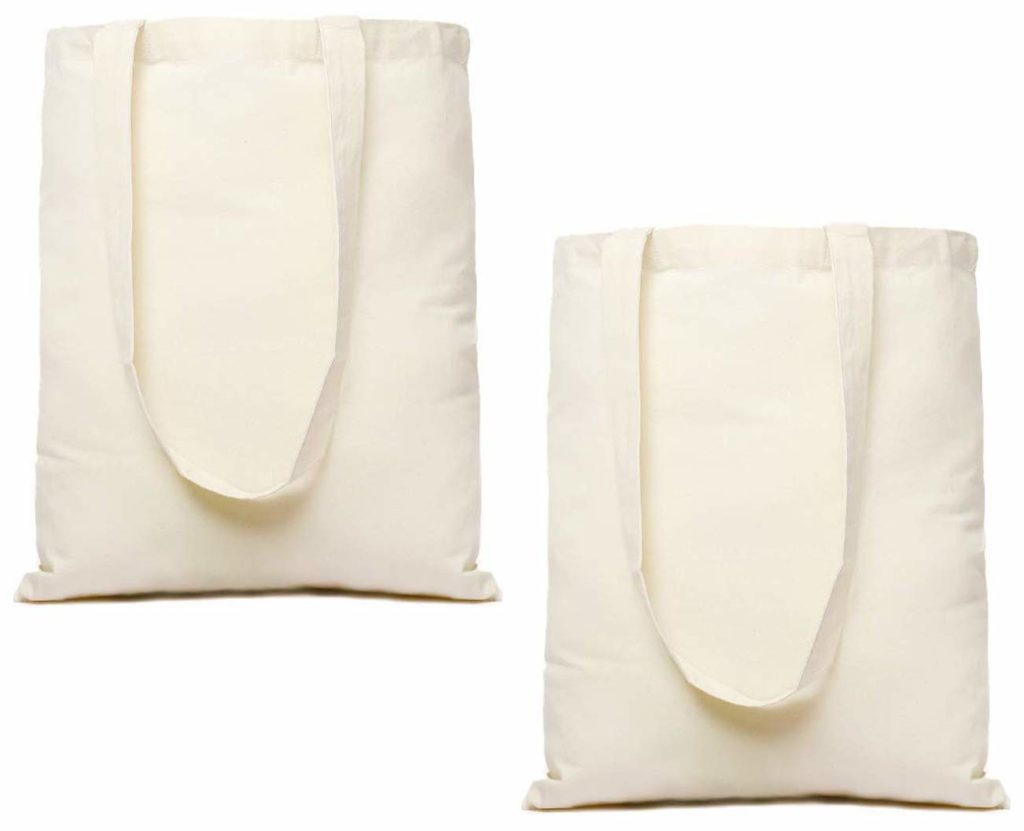Introduction:
The adverse environmental impact of single-use plastic has prompted a global call for change. As we witness the devastating consequences of plastic pollution on marine life, landfills, and ecosystems, it becomes imperative to seek eco-friendly alternatives. In this article, we will explore various alternatives to single-use plastic products and highlight the significance of reusable bags, or gbags, as the leading sustainable solution to combat plastic waste.
1. Reusable Bags (gbags):
Gbags are undoubtedly one of the most practical and eco-friendly alternatives to single-use plastic bags. Made from durable and sustainable materials like cloth, jute, or recycled plastics, gbags offer a long-lasting solution. Their sturdiness allows for multiple uses, reducing the demand for single-use plastic bags that often end up littering our oceans and landfills. Additionally, many retailers offer incentives and discounts to customers who bring their own bags, encouraging the widespread adoption of gbags as an eco-conscious choice.

2. Stainless Steel or Glass Containers:
Single-use plastic containers for food and beverages contribute significantly to plastic pollution. Stainless steel or glass containers are excellent alternatives that are both reusable and non-toxic. These containers not only help reduce plastic waste but also ensure the preservation of food quality without the risk of harmful chemicals leaching into the contents.
3. Bamboo or Metal Straws:
Plastic straws are notorious for their harmful impact on marine life, often ending up in the stomachs of sea creatures. Bamboo or metal straws offer a sustainable alternative. They are washable and durable, making them suitable for multiple uses. Many restaurants and cafes have started offering these eco-friendly options to their customers, further promoting the reduction of single-use plastic straws.

4. Beeswax Wraps:
Plastic wraps and cling films are commonly used for food storage, but they are difficult to recycle and often end up as waste in landfills. Beeswax wraps provide an eco-friendly alternative that can be reused multiple times. Made from cloth coated with beeswax, tree resin, and jojoba oil, these wraps are pliable and seal tightly around food items, keeping them fresh while reducing plastic waste.
5. Biodegradable Cutlery:
Single-use plastic cutlery is a major contributor to plastic pollution, especially in takeaway and fast-food industries. Biodegradable cutlery made from materials like cornstarch or potato starch offers an environmentally friendly option. These cutlery items break down naturally, reducing the burden on landfills and minimizing harm to wildlife.
6. Cloth Napkins and Towels:
Disposable paper napkins and paper towels contribute to deforestation and waste generation. Cloth napkins and towels are an eco-conscious alternative that can be washed and reused repeatedly, reducing paper waste and conserving natural resources.
Conclusion:
As we witness the escalating environmental crisis caused by single-use plastic, it is crucial to explore and embrace eco-friendly alternatives. Reusable bags, or gbags, stand out as a prominent sustainable solution, effectively reducing plastic waste and its detrimental impact on the environment. Alongside gbags, options like stainless steel or glass containers, bamboo or metal straws, beeswax wraps, biodegradable cutlery, and cloth napkins and towels offer practical and viable alternatives to single-use plastic products.
By making a conscious effort to adopt these eco-friendly alternatives in our daily lives, we can collectively contribute to preserving our planet’s delicate ecosystems and safeguarding the well-being of marine life. With businesses, governments, and individuals coming together to promote sustainable practices, we can pave the way for a greener, cleaner, and more sustainable future for generations to come. The time to act is now, and by prioritizing reusable and environmentally friendly choices, we can make a significant difference in combatting plastic pollution and building a more resilient and harmonious planet.
